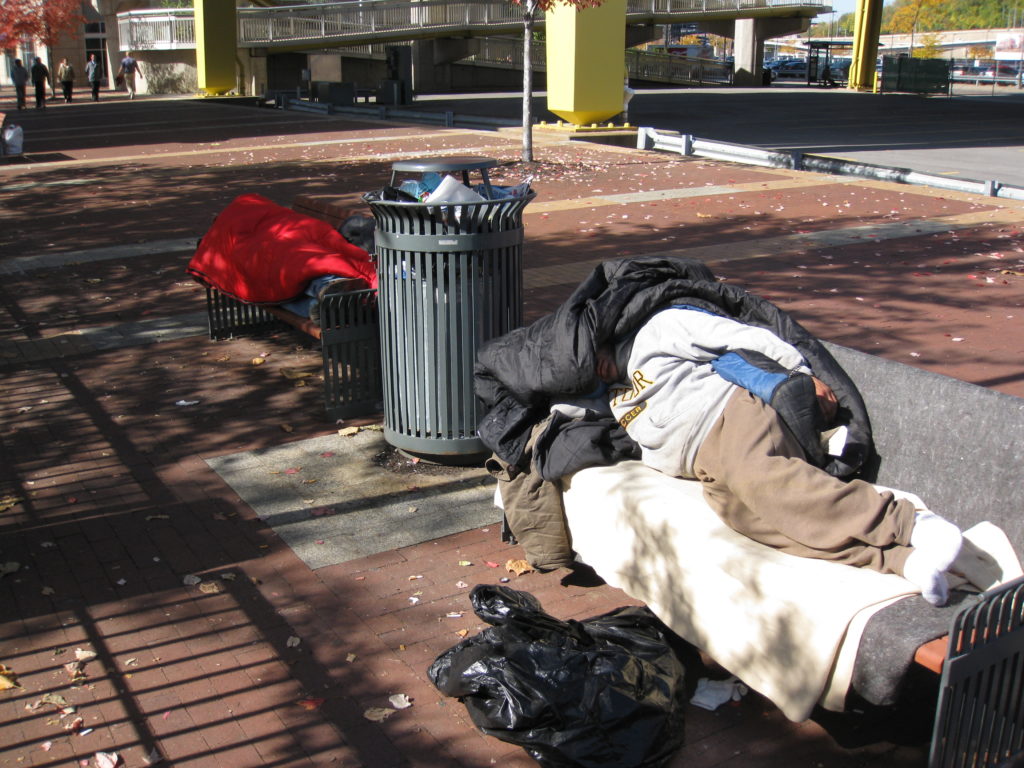With all the street closures and restrictions that come with the inauguration, the homeless people who find food and shelter on the streets of downtown D.C. are going to find themselves displaced.
Street Sense shares the concern voiced recently by many District service providers and shops that the inconveniences of this political ritual do not place undue hardship on the most vulnerable among us. We call on the homeless people themselves to make plans for working around the inevitable disruptions. And we hope that public authorities will also remain mindful of the challenges faced by homeless people in the coming months and years.
The city is bracing for some of the tightest and farthest-reaching security it has experienced, with a huge section of downtown, from Capitol Hill to the Mall to the White House and beyond, closed to vehicular traffic and subject to restrictions on bags and backpacks.
“Anything that necessitates a heavy security presence downtown often has the result of displacing homeless people,” said T.J. Sutcliffe, director of advocacy for So Others Might Eat, recalling the effects of past inaugurations, major protests, and other large public events.
Some homeless people will find it impossible to reach the places in which they have felt safest at night, near the security presence normally found along the Pennsylvania Avenue corridor. Regular services like feeding programs and emergency homeless services vans will also be subject to security restrictions.
Still, homeless people face challenges like these on the streets of D.C., not only during large public events but throughout the year. For those who cannot or will not stay in shelters, there is constant worry about finding a place to sleep that is sheltered from the elements, secure against street crime, and tolerated by law enforcement.
Requests to show identification, orders to “move along”, and the theft, loss, or confiscation of unattended bags and bundles, are among the most commonly named hassles of living on the streets. And because people receive shelter, meals, and other services from a variety of programs, they need to be able to move freely around the city.
Homeless people, many of whom lack any government papers at all, find that since 9-11 they face new hurdles in trying to replace lost documents like drivers’ licenses and birth certificates. But for people with no ID and no way to replace the documents they once owned, an ID check is simply a locked gate. A ban on bags is as bad for those with nowhere to leave their possessions.
Some arrangements to help service providers reach needy people during the inauguration are reportedly under discussion. But security measures will still hinder some services. For example, the McKenna Food Wagons, mobile dinner trucks operated by Martha’s Table that serve hundreds a day, will simply skip one regular stop, at 19th and L Streets, NW, and plan to serve extra meals at New York Avenue and 4th Street, NW.
“We adapt, and we’ll be out there feeding people,” said Lindsey Buss, president of Martha’s Table.
The public authorities planning and running the inauguration should show similar determination when it comes to helping needy Washingtonians and the organizations that work with them — during the inauguration and in the months and years to come.




